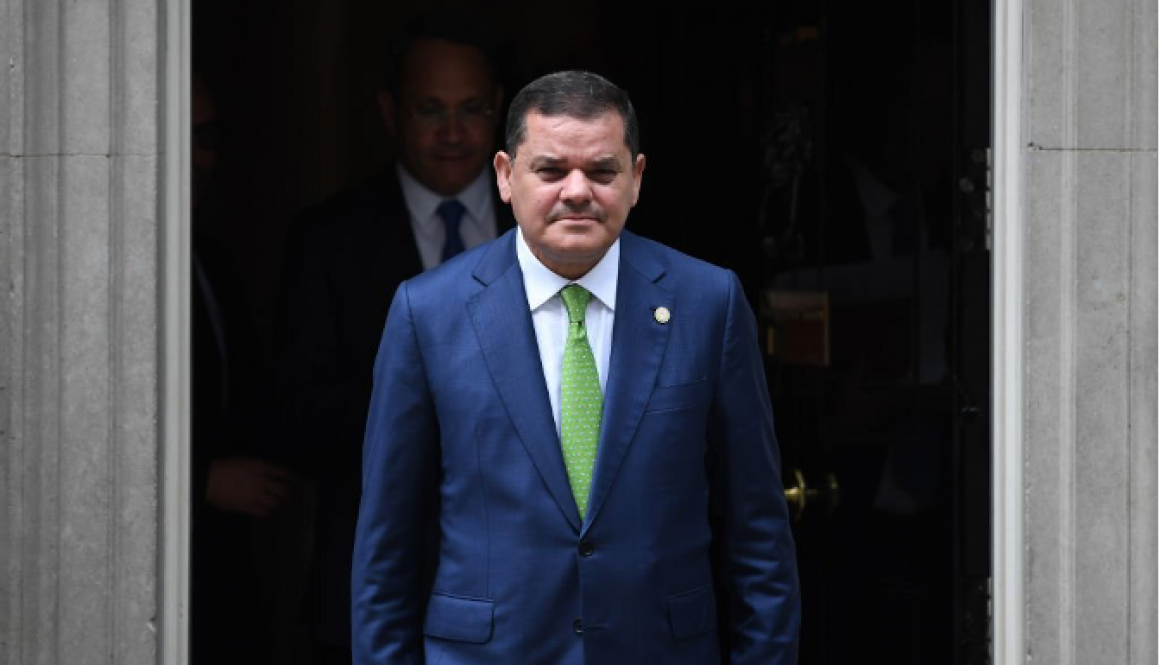The UN Wants Libya to Regain Its Peace Amidst Deeply Divided Country Because of The Elections
Libya’s interim prime minister Abdul Hamid Dbeibah and his parliament-designated successor Fathi Bashagha called by the UN Chief’s special adviser on Sunday to maintain stability and said elections should be held as soon as possible.
Libya was meant to hold both presidential and parliamentary elections back in December 2021, but arguments between factions and bodies of the state over how Libya’s election should take place led to the collapse of the process daysbefore the vote.
As the adviser for Libya, the UN stated that they “remain committed to raising the voices of the 2.8 million Libyans who registered to vote”. As they try to put back democracy in Libya and reconcile warring parties.
UN adviser Stephanie Williams also wrote on Twitter that she reiterated the importance for all actors to work within the political framework and above all, to preserve calm on the ground in the interest of Libya’s unity and stability.
To solve this problem, Williams met both Dbeibah—the UN-recognized Government of National Unity—and Bashagha separately. She said the focus must continue to be on the holding of “free, fair and inclusive national elections in the shortest possible time”. After the discussion with both of the actors, it is concluded that either Dbeibah or Bashagha wants nothing but the best for Libya’s government, just different method.
Al Jazeera reported that Dbeibah emphasized the need to complete the roadmap approved by Geneva which all parties are responsible for creating “the appropriate conditions for holding national elections and holding a referendum on the constitution during this year”, On the other hand, Bashagha said his meeting with Williams reached the plan on effort to form a transparent and fair manner government.
Libya was for years split between the east and the west administration with each of them supported by myriad fighter groups and foreign governments. Its political turmoil gets worse after both parliaments appointed Bashagha and Dbeibah refused to step down.
A spokesperson for the parliament said it had chosen the former interior minister Fathi Bashagha by acclamation after the only other candidate, Khalid al-Baibas withdrew. However, Prime Minister Abdul Hamid Dbeibah, who recently managed to survive an assassination attempt rejected the parliament’s moves and warned that his dismissal would lead to Libya’s chaos. As the result, last week hundreds took to the streets in Tripoli, protesting against the parliament’s decision to choose Bashagha as the new prime minister.
Dbeibah was appointed to become prime minister in February last year as part of the UN mission in Libya. His main task was to reconcile the deeply divided country and hold elections that the UN hoped will bring peace to the country. But Bashagha is dividing the country deeper by breaking his pledge not to run in elections when he was appointed as an interim prime minister. Realizing what Bashagha did to the country, Dbeibah started consultation to design a new roadmap to hold elections in June since the UN also wants Libya to reschedule the vote.
